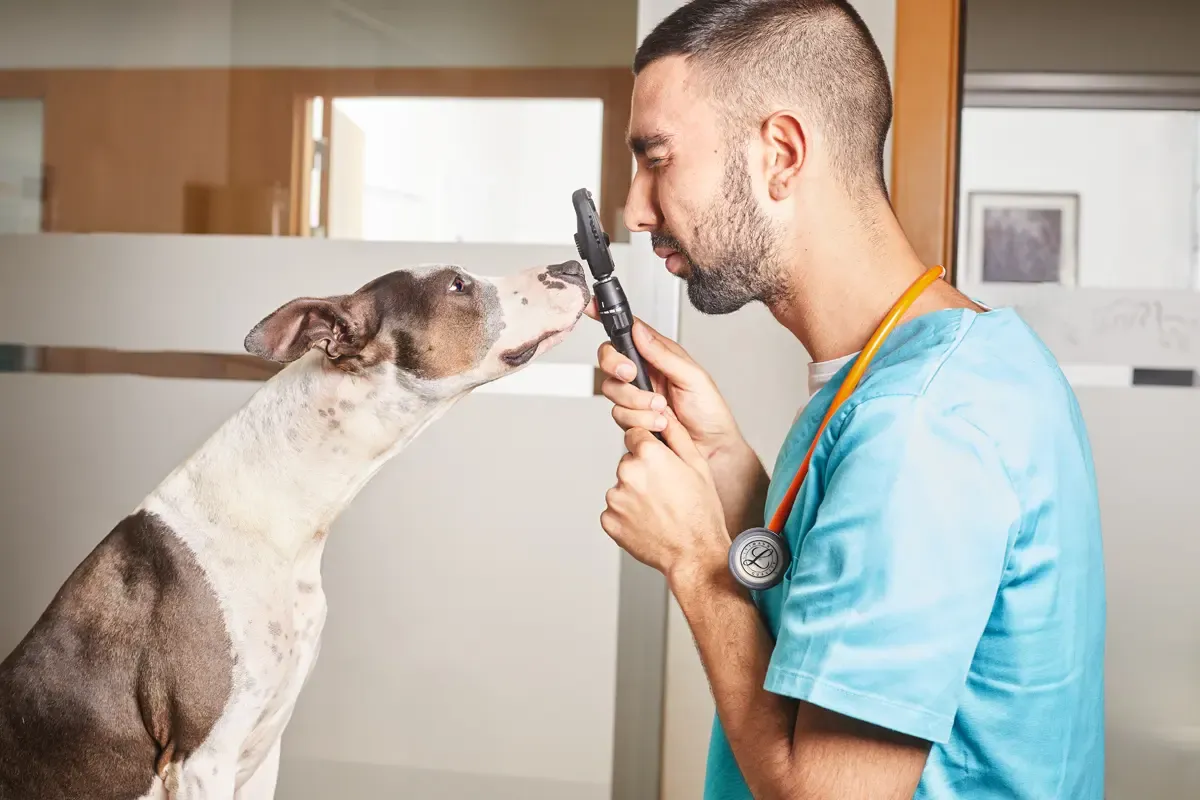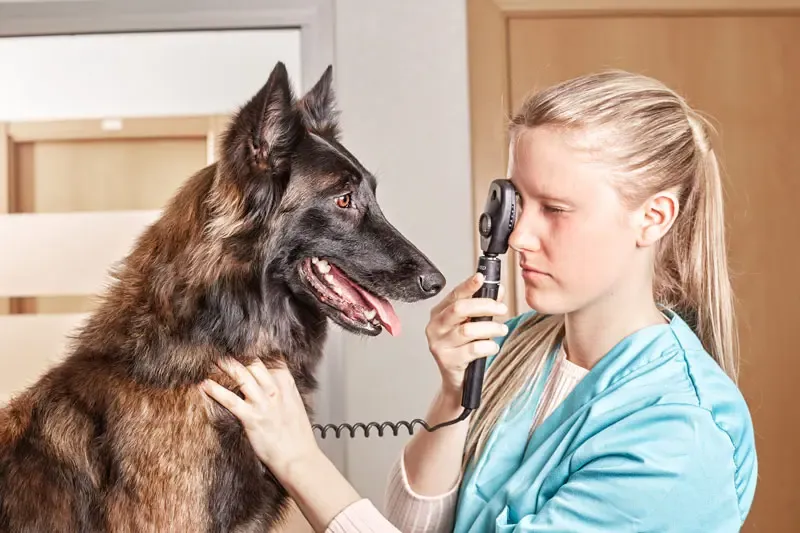The prevalence of skin allergies and disorders in dogs is growing. The rise in cases is often attributed to environmental factors, including greater exposure to pollutants, a higher allergen load and an increasingly urbanised and sanitised environment, as well as less exposure to infections during the first years of the animal’s life and changes in eating habits.
Of all these causal elements, there is growing evidence to suggest that diet is a trigger for atopic dermatitis in dogs with a phenotypic predisposition. As diet affects the microbiota in the intestinal tract , it can also modify gene expression. This opens a new line of research that considers atopic dermatitis as a possible manifestation of a more systemic problem involving intestinal dysbiosis and increased intestinal permeability .
Atopic dermatitis is linked to alterations in the intestinal microbiota
The microbiota is composed of different microorganisms, mainly bacteria , but also fungi , viruses and parasites that reside in the gastrointestinal tract . Together they constitute the greatest source of non-self-antigens in the human body. A healthy dog’s gastrointestinal tract is also colonised by a diverse microbial community, as Suchodolski et al. reported in 2008.1
The gut microbiota plays an important role in regulating the immune system as it protects against invasive enteropathogens . However, disruption of the microbiota can not only cause problems in the gastrointestinal tract, but it may also affect extraintestinal organ systems .
Craig2 produced a detailed analysis of the gastrointestinal microbiota’s role in skin problems in dogs and humans, specifically in the pathogenesis of atopic dermatitis .
The study reported that the faecal microbiota of humans with atopic dermatitis is different from that of healthy subjects. The gut microbiota of young children who subsequently developed atopic dermatitis also differs from healthy children, and systemicantibiotic treatments, which affect the balance of the gut microbiota, are known to increase the risk of developing atopic dermatitis .
Given the phylogeny of the faecal microbiota and functional capacity of the canine gut are similar to those of the human gut, it follows that changes in the dog microbiota are also a trigger for canine atopic dermatitis. In humans, deterioration of the intestinal mucosal barrier is believed to be involved in the development of atopic dermatitis and is a risk factor for food allergiesin dogs , as indicated in a review by Verlinden et al. in 2006.3
Together, the intestinal barrier , gut-associated lymphoid tissue and neuroendocrine network all regulate the balance between immunity and tolerance to non-self-antigens. Zonulin is a protein that modulates intestinal permeability and when its pathway is interrupted in genetically susceptible individuals, it can lead to intestinal and extraintestinal disorders , as explained by Fassano.4
New therapeutic approaches to atopic dermatitis
Although the mechanism of action by which a gut microbiota imbalance triggers atopic dermatitis is not yet known, these studies suggest that treatment of the canine intestinal microbiota may be an effective means of controlling or even eliminating the clinical signs associated with atopy .
Various possibilities have been suggested including probiotic and prebiotic supplements , treatment for low stomach acid , faecal microbiota transplantation and optimising nutrient intake . In fact, diets rich in the right nutrients for the species and with high-quality protein are recommended, such as Advance Atopic, a diet especially designed for dogs with dermatitis, or Advance Gastroenteric, which is formulated for dogs with gastrointestinal problems.










